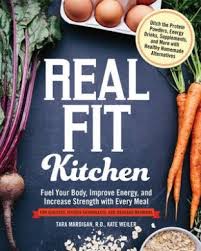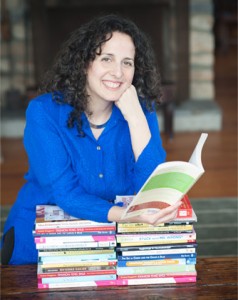
A few months ago, I received an email from a woman in Norway who told me she planned to take time off from her executive career to write a book on leadership. “I plan to travel to Boston for two months to write my book and work with you.” By our next email, she had bought her plane tickets.
I wasn’t quite sure how I would help an author writing in another language. I could not be her editor. But her certainty that this would work won me over. And the collaboration has been both exciting and satisfying.
When we get together to discuss the book, I have discovered that she writes in a combination of English and Norweigan. I wondered why.
“English has so many words for almost anything”–each with its specific nuances. For emotions, for example, Norweigan offers just the basics, while English presents so many different options, each with their nuanced expression.
One of the things I love about writing and editing is searching for “le bon mot” — that perfect word which conveys so much with so little.
How to Write Well
When an author writes, “He went…” I invite him to get specific about how: Did the person walk or run? More specifically, how did he walk? Did he saunter? Meander? Hobble? Sprint? Your verb choice can take an abstract notion “went” and make the action leap off the page: It becomes real for your reader. They can picture it, smell it, taste it, sense it.
We sometimes take for granted what a flexible and rich language we have, offering vast choices that can give our writing depth, overtones, subtlely and vivid expression.
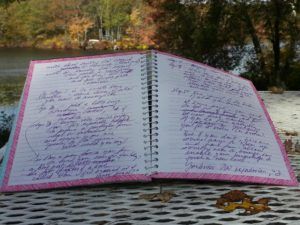 Shakespeare, of course, was a master of this. By contrast, the modern directive to “write for an eighth grade vocabulary” can inflict the damage of pressuring more and more words into disuse.
Shakespeare, of course, was a master of this. By contrast, the modern directive to “write for an eighth grade vocabulary” can inflict the damage of pressuring more and more words into disuse.
While you don’t want to use arcane words for a trade book meant for a wide audience, I encourage you to play with what you see as the limits. Push on them just a little when a less common word truly does offer more clarity of meaning.
Avoid shorthand with your verb choice, too. The more a verb brings the action to life, the more you draw your readers in–whether you are writing a memoir, a novel, an anecdote for a self help book or a blog post.
So, tell me, what do you love about the English language? What’s one of your favorite words? What questions do you have on how to write well? Or what tips can you share?

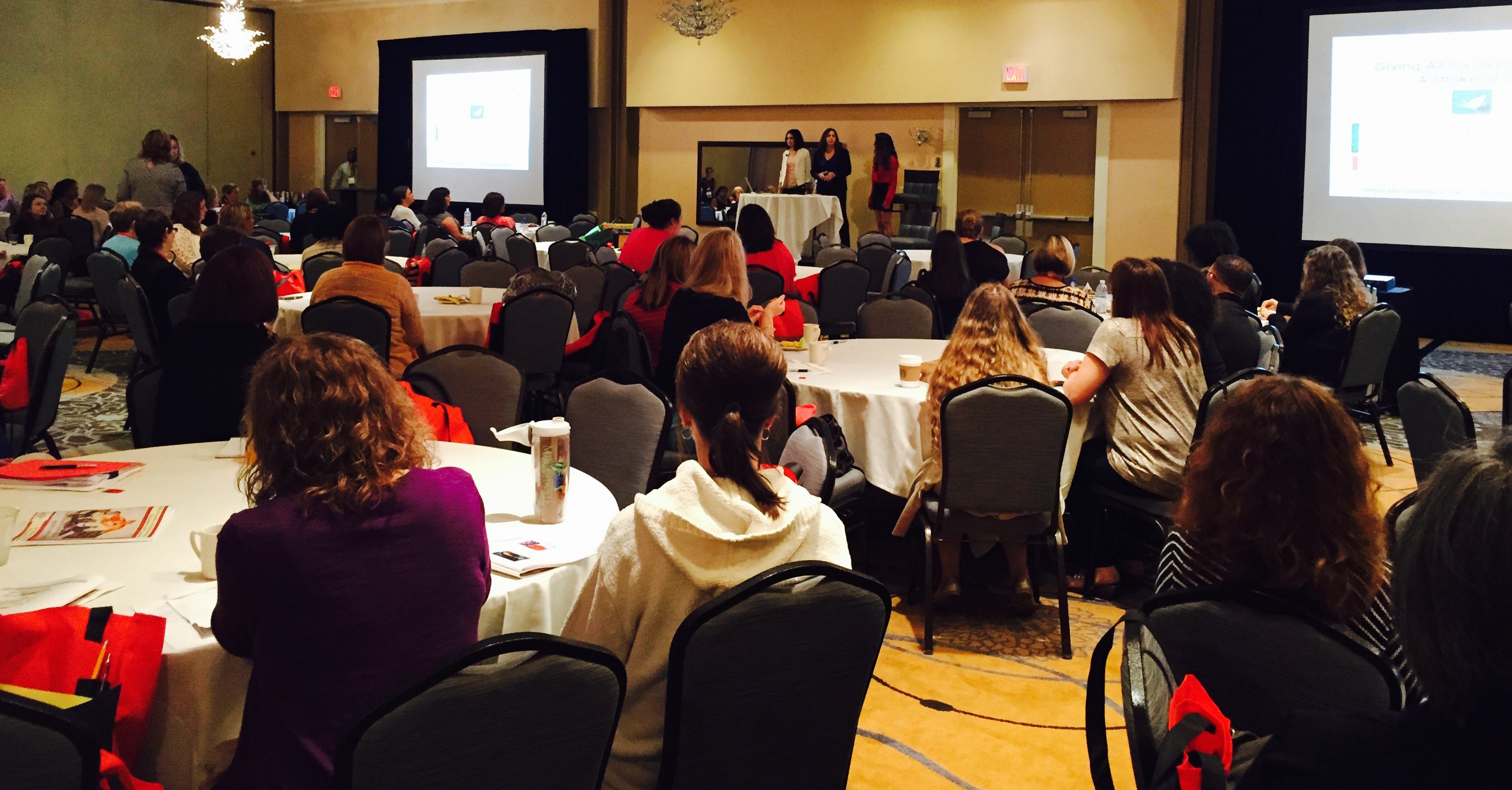

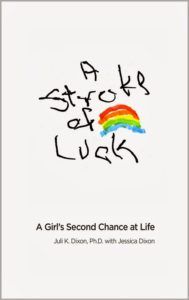 Lisa: Are people putting any of the lessons of the book into action–particularly the ideas you and your mom developed for helping a young person recover their brain function after a severe stroke?
Lisa: Are people putting any of the lessons of the book into action–particularly the ideas you and your mom developed for helping a young person recover their brain function after a severe stroke?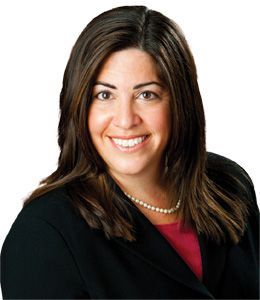 Dr. Juli Dixon is Professor of Mathematics Education at the University of Central Florida, textbook author and speaker. She received a Bachelor of Arts in both Mathematics and Education from SUNY Potsdam, a Master’s degree in Mathematics Education from Syracuse University, and a Ph.D. in Curriculum and Instruction with an emphasis in Mathematics Education from the University of Florida. She, together with her daughters, Alex and Jessica, provide keynotes and sessions on how to stay motivated through a major productive struggle, how to support students and those with critical illness through a struggle and other related topics. You can reach Juli and fnd out more about A Stroke of Luck and the book tour at
Dr. Juli Dixon is Professor of Mathematics Education at the University of Central Florida, textbook author and speaker. She received a Bachelor of Arts in both Mathematics and Education from SUNY Potsdam, a Master’s degree in Mathematics Education from Syracuse University, and a Ph.D. in Curriculum and Instruction with an emphasis in Mathematics Education from the University of Florida. She, together with her daughters, Alex and Jessica, provide keynotes and sessions on how to stay motivated through a major productive struggle, how to support students and those with critical illness through a struggle and other related topics. You can reach Juli and fnd out more about A Stroke of Luck and the book tour at 
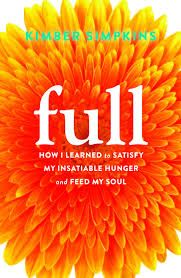

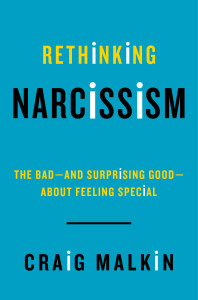


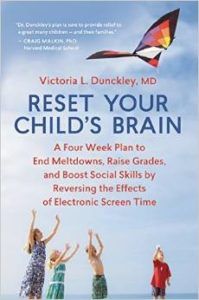
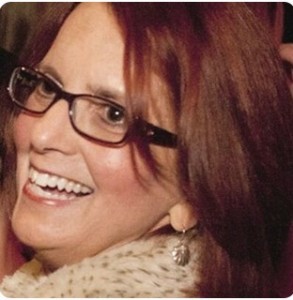
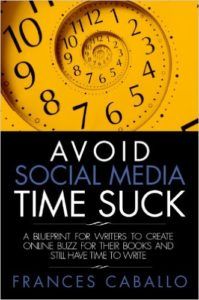

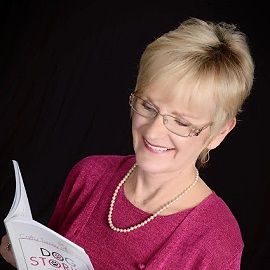


 Dr. Silver: The excellent Amazon reviews for this book, and the number of hospitals that ordered bulk copies to give to every newly diagnosed patient has made this book such a worthwhile endeavor.
Dr. Silver: The excellent Amazon reviews for this book, and the number of hospitals that ordered bulk copies to give to every newly diagnosed patient has made this book such a worthwhile endeavor.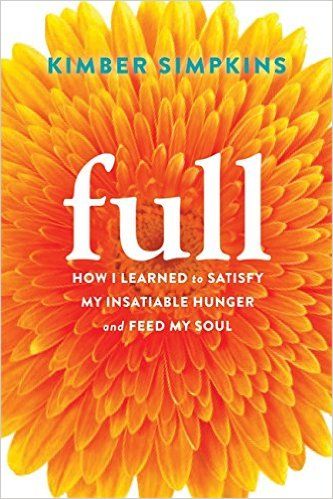
 There are some great resources out there for writing a book proposal–from Mike Larsen’s
There are some great resources out there for writing a book proposal–from Mike Larsen’s 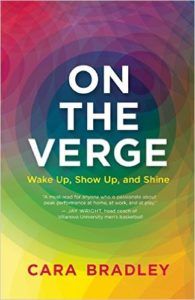 2. Get in the Press: Cara Bradley, author of the forthcoming On the Verge (to be published by New World Library), said, “Lisa, you suggested subscribing to
2. Get in the Press: Cara Bradley, author of the forthcoming On the Verge (to be published by New World Library), said, “Lisa, you suggested subscribing to 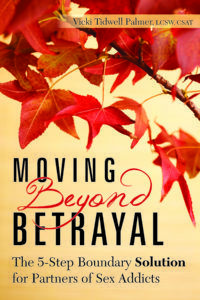
 5. Eat, Sleep:
5. Eat, Sleep: 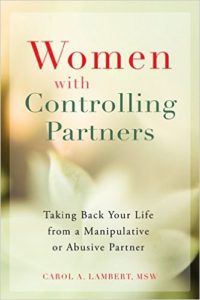 6. Mention the Research Behind Your Ideas:
6. Mention the Research Behind Your Ideas: 